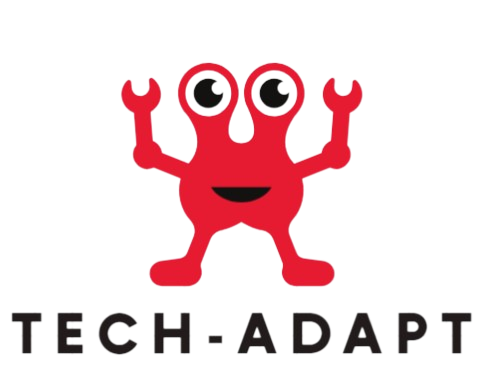Introduction
In the realm of technology, there are milestones that mark significant shifts in our understanding and capabilities. Quantum computing stands as one such milestone, offering a glimpse into the future of computation that surpasses the limitations of classical computing. In this article, we embark on a journey into the quantum realm, exploring the principles, potential, and promise of quantum computing.
Understanding the Principles of Quantum Computing
At the heart of quantum computing lies the enigmatic world of quantum mechanics. Unlike classical bits, which are binary in nature (either 0 or 1), quantum bits or qubits can exist in multiple states simultaneously, thanks to the phenomenon known as superposition. This unique property enables quantum computers to process vast amounts of information in parallel, unlocking exponential computational power. Additionally, entanglement, another hallmark of quantum mechanics, allows qubits to be interconnected in such a way that the state of one qubit is dependent on the state of another, regardless of the distance between them. These principles form the foundation of quantum computing, paving the way for revolutionary advancements in computation.
Advantages of Quantum Computing over Classical Computing
Quantum computing offers several advantages over classical computing, revolutionizing the landscape of computational tasks. One of the most notable advantages is the ability to solve certain problems exponentially faster than classical algorithms. For instance, quantum algorithms such as Shor’s algorithm have the potential to factor large numbers exponentially faster than the best-known classical algorithms, posing a significant threat to classical cryptographic systems. Moreover, quantum computers excel at solving optimization problems and simulating quantum systems, opening up new frontiers in fields such as drug discovery, materials science, and quantum chemistry. The computational power of quantum computing promises to redefine what is possible in terms of problem-solving and data analysis.
Exploring Real-World Applications
The potential applications of quantum computing span across a wide range of industries, from finance and cybersecurity to healthcare and logistics. In finance, quantum computing holds the promise of revolutionizing portfolio optimization, risk management, and algorithmic trading. Similarly, in cybersecurity, quantum-resistant encryption methods are being developed to safeguard sensitive information from the threat of quantum attacks. In healthcare, quantum computing is driving advancements in drug discovery, molecular modeling, and personalized medicine, offering new insights into complex biological systems. From optimizing supply chain logistics to revolutionizing machine learning and artificial intelligence, the impact of quantum computing on real-world problems is profound and far-reaching.
Current Research Advancements
Quantum computing is a rapidly evolving field, with ongoing research efforts focused on overcoming technical challenges and scaling up quantum systems. Researchers are exploring various approaches to building more stable and scalable quantum hardware, including superconducting qubits, trapped ions, and topological qubits. Additionally, advancements in quantum error correction and fault-tolerance are crucial for building reliable and robust quantum computers. On the software side, researchers are developing new quantum algorithms and quantum programming languages to harness the full potential of quantum hardware. From quantum annealing and adiabatic quantum computing to quantum machine learning and quantum cryptography, the research landscape in quantum computing is vibrant and dynamic.
Challenges and Future Outlook
Despite the tremendous progress made in quantum computing, significant challenges remain on the path to realizing its full potential. Decoherence, the process by which quantum information is lost due to interactions with the environment, remains a major obstacle to building large-scale, error-corrected quantum computers. Additionally, achieving fault-tolerant quantum computation requires overcoming technical barriers such as qubit coherence times, gate fidelity, and quantum error correction. Scalability is another key challenge, as the number of qubits and the complexity of quantum circuits continue to increase. However, despite these challenges, the future of quantum computing looks promising, with ongoing research efforts focused on addressing these obstacles and unlocking new possibilities in computation, communication, and beyond.
Conclusion
In conclusion, quantum computing represents a transformative leap forward in our quest to understand and harness the power of computation. From the mysterious realm of quantum mechanics emerge the building blocks of a new era in computing, where the boundaries of what is possible are redefined. As we continue to unravel the mysteries of the quantum world and push the limits of quantum technology, the future of computation holds limitless potential. Quantum computing unveils a journey into the unknown, where the only certainty is that the future of computation will be quantum.


